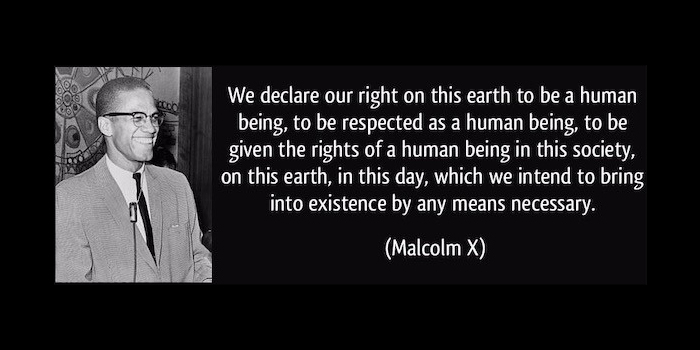
Sex lies at the root of life, and we can never learn to reverence life until we know how to understand sex. ~ Henry Havelock Ellis (2nd February 1859–8th July 1939)
Human Sexuality is a subject that is tightly wound up with hushed whispers and deadly silence, often resorting to hunting us back with physical or verbal violence. India is still ways behind when it comes to accepting sexuality and the implications of proper sex education at the school level.
Sexuality refers to the sexual interests of an individual, the way he or she experiences and expresses themselves. It is one of the fundamental driving forces behind an individual’s feelings, thoughts, and behaviour. The term biological sex refers to the way one’s anatomy, physiology, hormones, and genetics are classified (typically as male, female, or intersex). While gender describes psychological (gender identity) and sociological (gender role) representations of biological sex. Sexual orientation refers to an individual’s sexual attraction to others. It defines a person’s capacity to arouse the sexual interest of another i.e. to the person he or she is attracted to. It develops and grows into the individual.
The Trevor Project (an American NGO, founded in 1998, focused on suicide prevention efforts among LGBTQ and the questioning youth) states that human sexuality is focused over a wide spectrum focusing on biological sex, gender identity, gender expression, gender presentation, and sexual orientation. Thus, sexuality is a whole bubble, that glazes over many aspects from biological, emotional, cultural, political, legal, philosophical, moral, ethical, spiritual, and religious. Being as old as humankind itself, the only aspects of concern should be the onset of puberty, the feelings of the individual, and the propagation of the practice of safe sex through education. Today we have over 30 subtypes of the basic sexual orientations we knew of: heterosexual (attracted to the opposite sex), homosexual (attracted to the same sex), bisexual (attracted to both the same and opposite sexes), and asexual (not attracted or slightly attracted towards any of the sexes).
Henry Havelock Ellis was an English physician and eugenicist; who co-authored the first medical textbook on human sexuality, Studies in the Psychology of Sex, a seven-volume magnum piece, during an era when the orthodox and closeted mentality persisted in society.
Havelock studied sexology from different views and not just at the biological level. He was a progressive thinker and social reformer. He studied trans-sexuality and homosexuality when they were considered topics of disdain and immorality. He studied sexual impulses in children and concluded that they can experience a wide range of sexual aptitude. Genetics comes into play regarding levels of impulse and excitation. He believed the sense of smell had impacts on an individual’s sexual attraction. He also introduced the concepts of narcissism and autoeroticism in psychoanalysis, which were further studied by Sigmund Freud. He also experimented with psychedelic drugs and their influence on treatments.
Ellis was a hardbound feminist and propelled the concepts of gender equality and respect. His marriage to Edith Lees, a writer and proponent of women’s rights, who lived openly as a lesbian, further enhanced his support towards understanding sexuality at a whole different level. Ellis favoured feminism from a eugenic view, for he believed better social, economic and sexual opportunities for women ensures a sound selection of their mating partners, which increases the quality of offsprings. Likewise, he was also in favour of birth control for progressive reproduction but against sterilization.
Ellis encouraged safe sex and believed that coitus was not just a physical act, but a natural expression of affection and dedication. His work helped to foster up open discussions on a once-taboo topic: his philosophy of sexuality being the liberation of the mind, body, and soul. He will always be a figure of historical interest in sexology, women’s liberation, and sex education.
Kasturi is an experienced blogger working in the field of Science & Lifestyle. She often writes on multiple blogging websites and features on her website, “Colourful In Grey”. She is a mechanical engineer by profession and a passionate reader and researcher. She can be contacted at [email protected] or [email protected]
IF YOU LIKED THE ARTICLE SUPPORT PEOPLE’S JOURNALISM
Related posts:
Related posts:
Views: 0
 RSS Feed
RSS Feed

















 February 3rd, 2021
February 3rd, 2021  Awake Goy
Awake Goy 





 Posted in
Posted in  Tags:
Tags: 
















